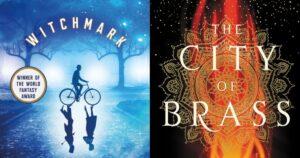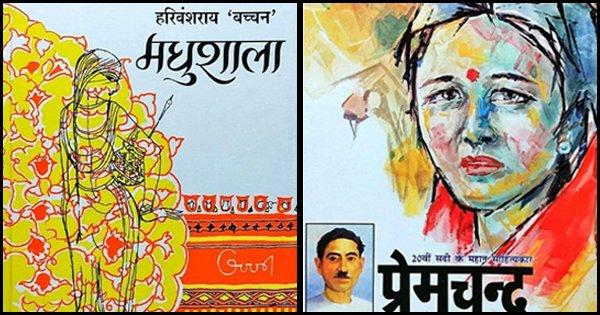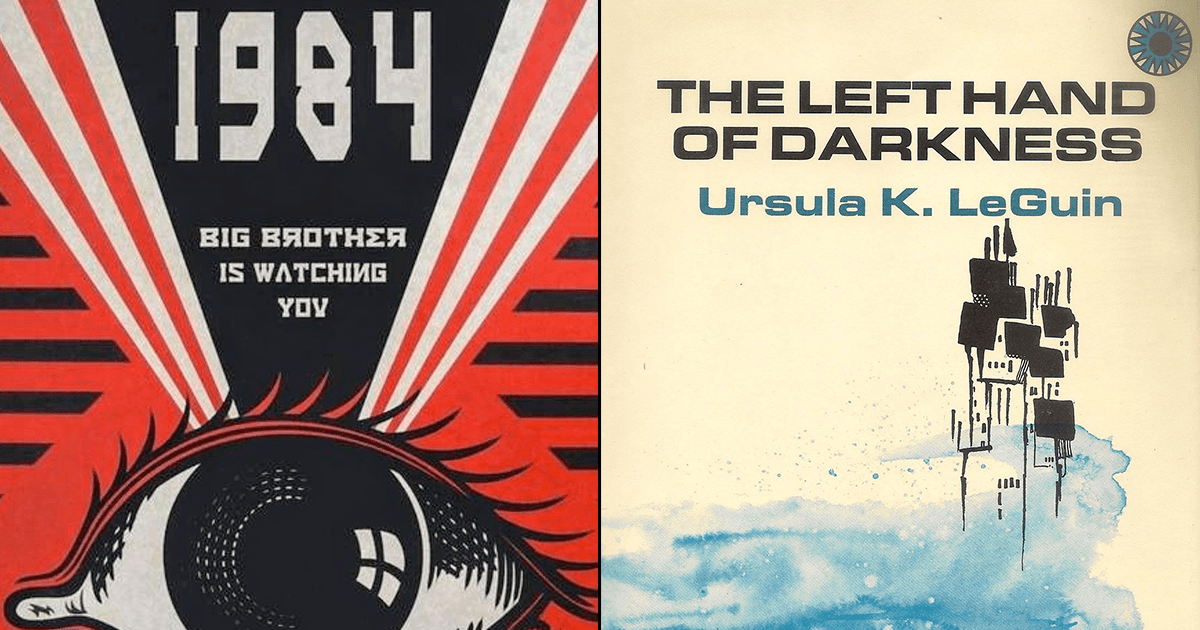Knowledge, if given away, can never leave you poorer than you were. Harshad Fad, a student of mass media and communication is making all the effort to keep alive the dying practice of knowledge sharing and how. He’s introducing the concept of Human Libraries to India, where people will be the books who will tell stories of their experiences.
Fad clears out exactly what human library stands for. Functioning around the concept of knowledge sharing, the idea is to open new perspectives for those who are still not open to certain things. When ScoopWhoop asked him if the library was for the social cause of uprooting prejudices Fad responded saying,
I won’t say to uproot beliefs because expecting people to not have stereotypes is far-fetched. Our aim is to create a framework where people who have certain prejudices and stereotypes come to the Human Library sit with that person representing that prejudice and challenge their beliefs as well as our own prejudices and beliefs.
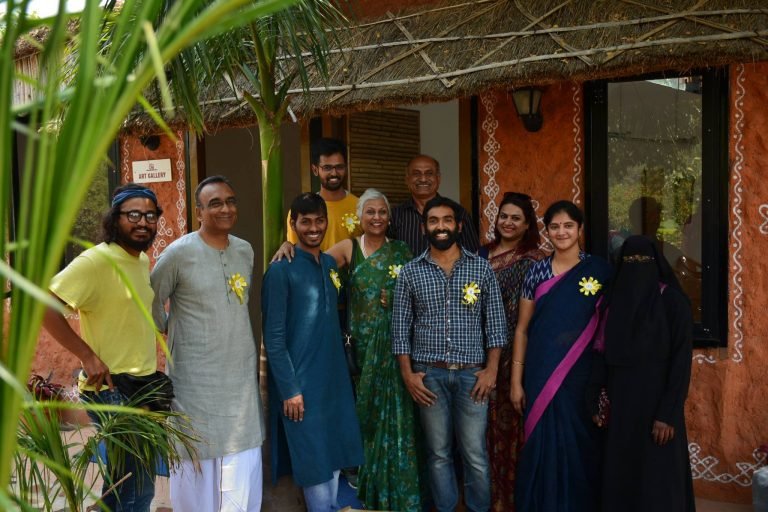
This is not the first Human Library of all time. Denmark, Ronnie Abergel started the first ever chain. He has been a constant support and inspiration for the same to spread worldwide. Harshad Fad says that he too had his own set of prejudices and stereotypes that were done away with when he conversed with people who came from that background or experience. He made it very clear to us by saying,
Human Library is not a storytelling platform but more of a Q & A platform where difficult questions are expected and answered. We want people to challenge their prejudice and come out with a wider perspective of the society we live in.
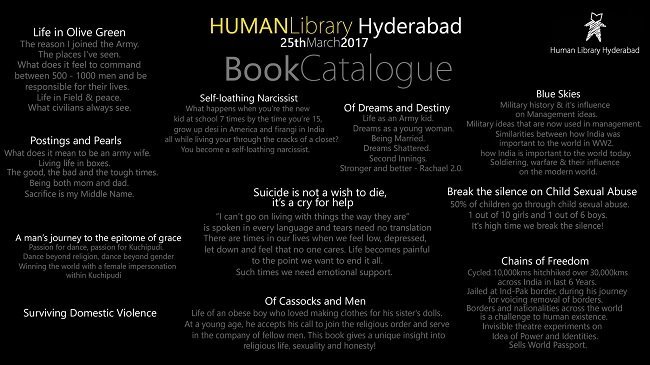
The process is very simple. Fad and his friends organise these literary events where people are given the option to choose from a set category of human books. Anyone can be a human book if they have an interesting story to tell and fit in the set categories given by Fad. He says,
This works like a usual library where readers come check out the catalogue and borrow one of the living books for a 30 minute conversation.
During this time, the human books are open to questions, making it an interactive session. Fad goes on to say,
It is more of a one on one conversation session for each reader but if there are a lot of people borrowing the same book we have to issue the living book to that group. Sometimes 4 to 5 readers borrow the same book.
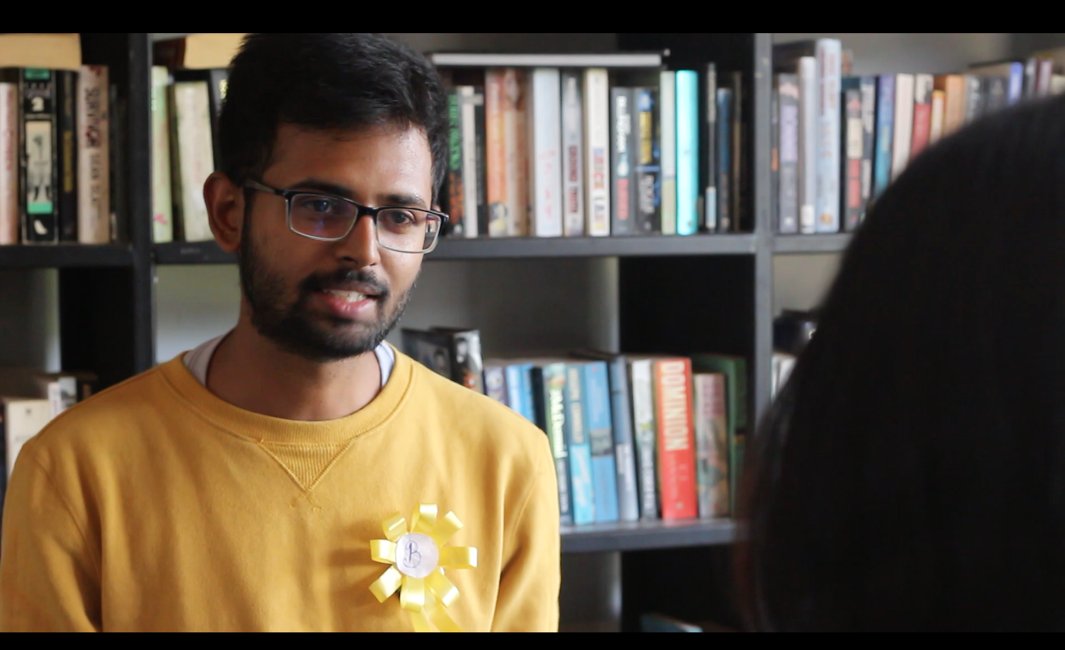
The best part of human books is that the silence is broken and broken by those who’ve lived to tell the experience. It’s might just help open minds, now that the keys are right.





